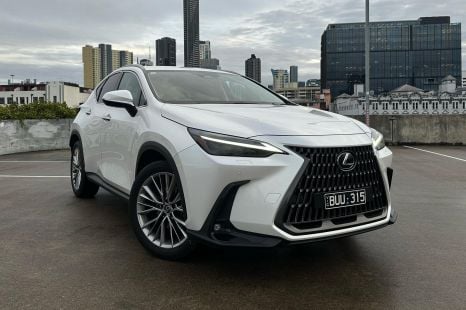

William Stopford
3 Days Ago
Chinese automotive giant Geely has launched 20 satellites into orbit, aiming to improve its autonomous driving systems.

Contributor
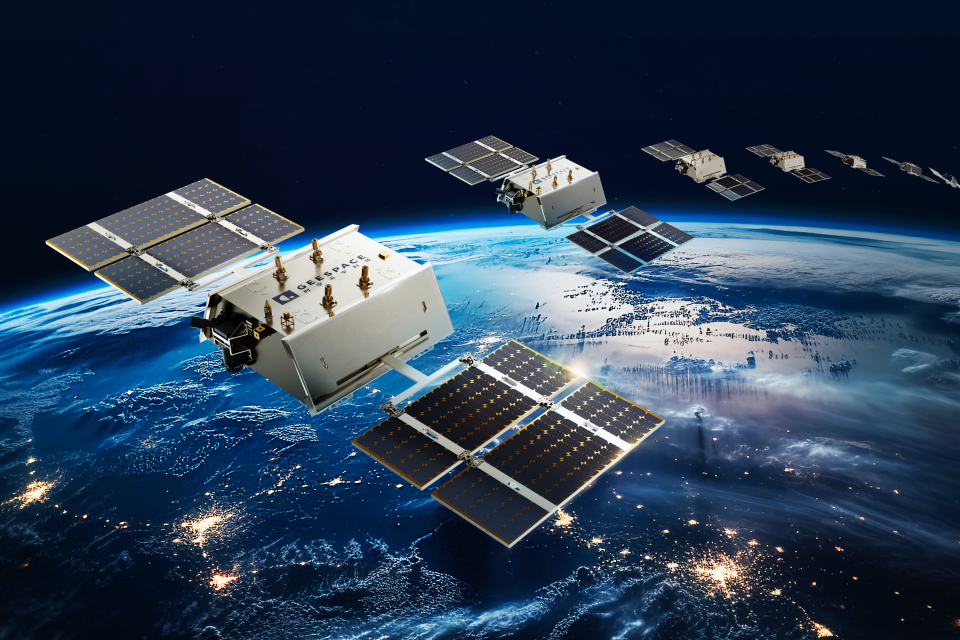

Contributor
Chinese carmaker Geely will soon have 20 satellites orbiting earth – with plans to launch more than 200 in the future – in a bid to improve how its autonomous vehicles drive.
Geely, which owns Volvo, Polestar and Lotus among multiple brands, launched 11 low-Earth orbit satellites from China’s Xichang Satellite Launch Centre on February 3 under its Geely Future Mobility Constellation division.
The launch followed the company sending its first nine satellites into low-Earth orbit in June 2022, all of which are aimed at delivering a better autonomous driving experience to its customers.
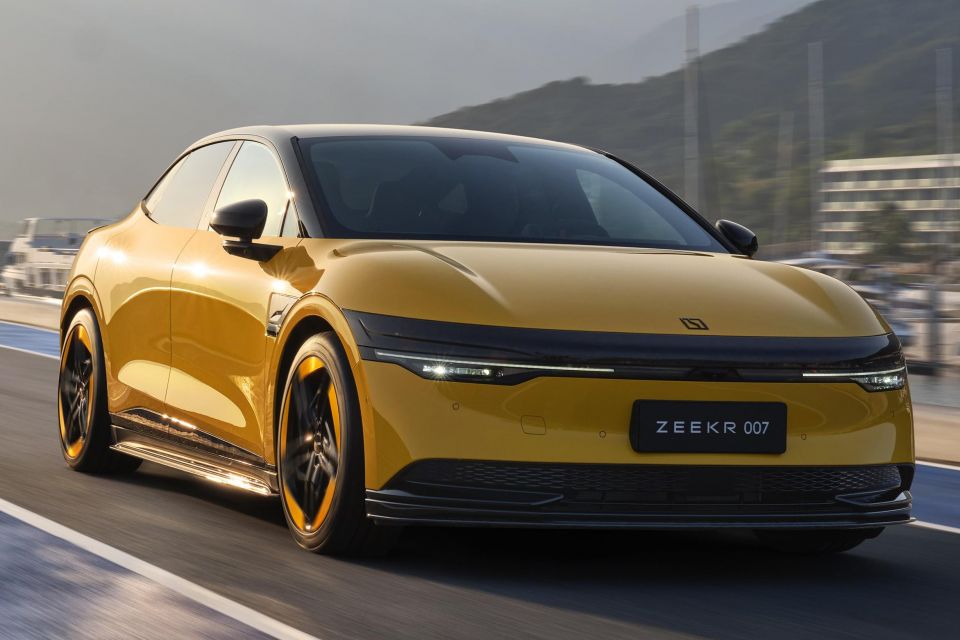
According to Geely, the satellites will allow its autonomous vehicles to be better informed about the roads they’re driving on, while also reducing connection blackspots.
At present, just three models made by the carmaker and its subsidiaries can make full use of the satellite-based communication technology used in their autonomous driving systems: the Geely Galaxy E8, Zeekr 001 FR and Zeekr 007 electric vehicles (EVs).
By 2025, Geely plans to have 72 satellites in orbit before launching an additional 168 satellites in the second phase of its rollout, for a total of 240 by an undetermined date.
Geely already has a presence in Australia through the aforementioned Volvo, Polestar and Lotus brands, and is expected to launch Zeekr in the third quarter of 2024 (July to September inclusive), with the 009 electric people mover confirmed to be its first model on sale locally.
Born and raised in Canberra, Jordan has worked as a full-time automotive journalist since 2021, being one of the most-published automotive news writers in Australia before joining CarExpert in 2024.


William Stopford
3 Days Ago
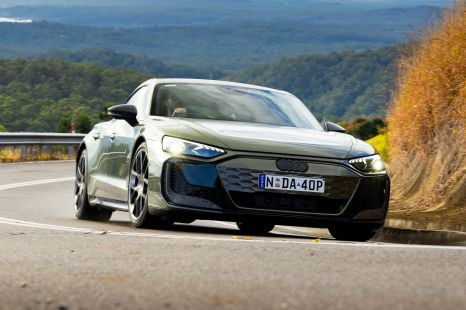

James Wong
3 Days Ago


Alborz Fallah
2 Days Ago


Andrew Maclean
1 Day Ago
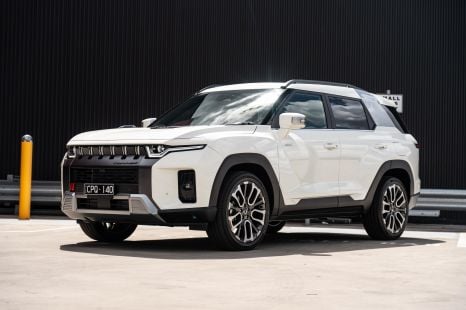

Max Davies
1 Day Ago
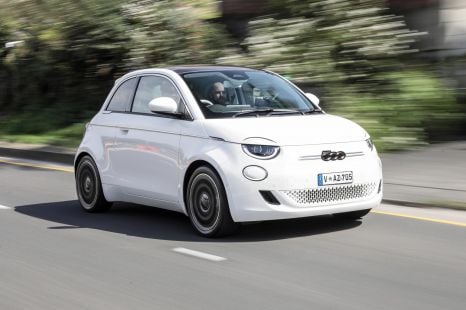

Damion Smy
1 Day Ago